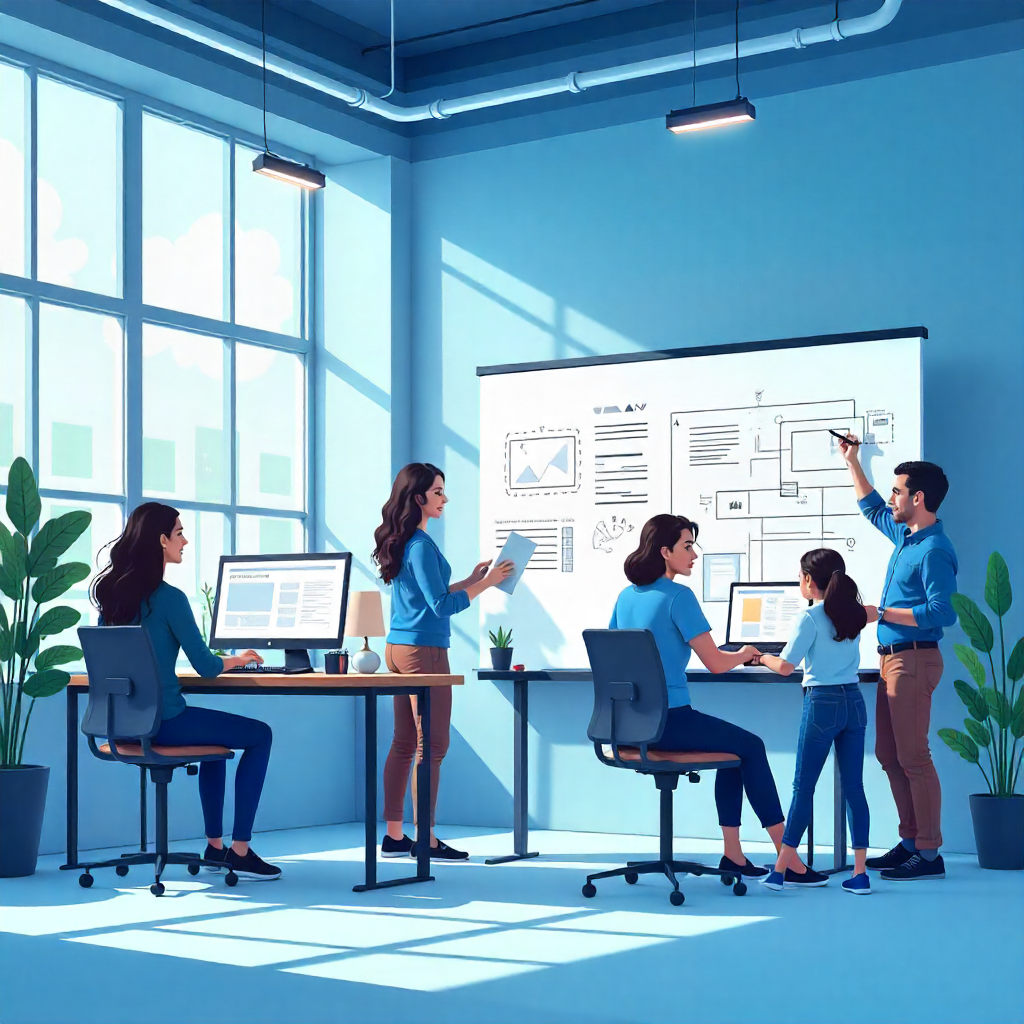Why Skill-Based Learning Beats Degrees in the Creative Industry Today?
In the creative industry today, the traditional emphasis on formal degrees is rapidly fading, making way for a much stronger focus on skill-based learning. Whether you're aiming to become a graphic designer, animator, VFX artist, or digital content creator, your ability to deliver tangible, impressive work speaks volumes more than a diploma hanging on your wall.
The Shift from Theory to Practice
Creative employers care less about academic theory and more about practical execution. While university degrees still offer foundational knowledge, they often lag behind the fast pace of technological and market change.
Creative projects demand professionals who can hit the ground running with hands-on skills, familiarity with industry-standard software, and a portfolio that demonstrates real-world relevance.
Industry Demands Real-Time Skills
New technologies are transforming creative processes. Tools such as Unreal Engine for virtual production, Blender for 3D modeling, and AI-powered design assistants have become essential parts of workflows.
Learning these tools in real time directly impacts your readiness for today’s jobs. Employers seek candidates who can immediately contribute by mastering these cutting-edge platforms.
Data Speaks: Skills vs Degrees
A recent LinkedIn survey found that 87% of professionals say continuous upskilling is now more important than ever, and 82% believe employers value diverse skills over specialized functions (The Economic Times).
In India, 80% of employers have embraced a skills-first hiring strategy, especially in tech, AI, and cybersecurity (Business Standard, Forbes India).
Globally, companies that hire based on skills rather than degrees report 90% fewer hiring mistakes and 94% better performance (Forbes).
In the creative industry, 9 out of 10 leaders say reskilling beats hiring when closing talent gaps and 78% of employers deem upskilling essential to stay competitive (Gitnux).
Portfolios > Degrees
The age of paper credentials is giving way to the power of portfolios. A well-rounded, continuously updated portfolio that showcases your creative problem-solving, originality, and technical ability is often a candidate’s strongest asset. It tells the story of what you can produce, not just what you’ve studied.
Accessibility of Learning
The explosion of online learning platforms, live classes, and tutorials means education is no longer confined to classrooms. Platforms like ProAlley, Coursera, LinkedIn Learning, and specialized bootcamps offer flexible, affordable, and high-quality training from anywhere in the world, empowering creatives from diverse backgrounds to learn and grow.
Global Examples
Many successful creatives around the world have bucked tradition by prioritizing skills over degrees. Their stories reveal commitment, adaptability, and passion as key drivers of success. They prove that strong creative output, coupled with tech-savvy, not academic pedigree, defines career longevity and impact.
In today’s creative industries, what you can do is far more important than where you learned to do it. Skill-based learning opens doors by equipping you with up-to-date expertise and a portfolio that showcases your potential. Degrees may serve as certificates of attendance, but skills are certificates of capability.

